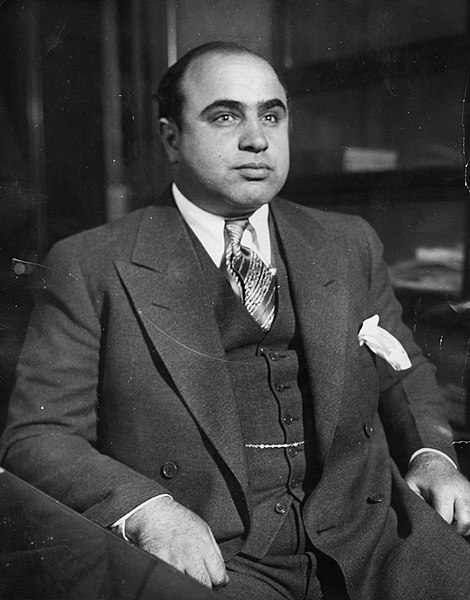A non-disclosure agreement (NDA), also known as a confidentiality agreement (CA), confidential disclosure agreement (CDA), proprietary information agreement (PIA), or secrecy agreement (SA), is a legal contract or part of a contract between at least two parties that outlines confidential material, knowledge, or information that the parties wish to share with one another for certain purposes, but wish to restrict access to. Doctor–patient confidentiality, attorney–client privilege, priest–penitent privilege and bank–client confidentiality agreements are examples of NDAs, which are often not enshrined in a written contract between the parties.
Many banking institutions maintain client privacy through confidentiality agreements. Some, akin to attorney–client privilege, offer banker–client privilege.
Banking secrecy, alternatively known as financial privacy, banking discretion, or bank safety, is a conditional agreement between a bank and its clients that all foregoing activities remain secure, confidential, and private. Most often associated with banking in Switzerland, banking secrecy is prevalent in Luxembourg, Monaco, Hong Kong, Singapore, Ireland, and Lebanon, among other off-shore banking institutions.
Mobster Al Capone was charged with and prosecuted for income tax evasion in the 1930s.


